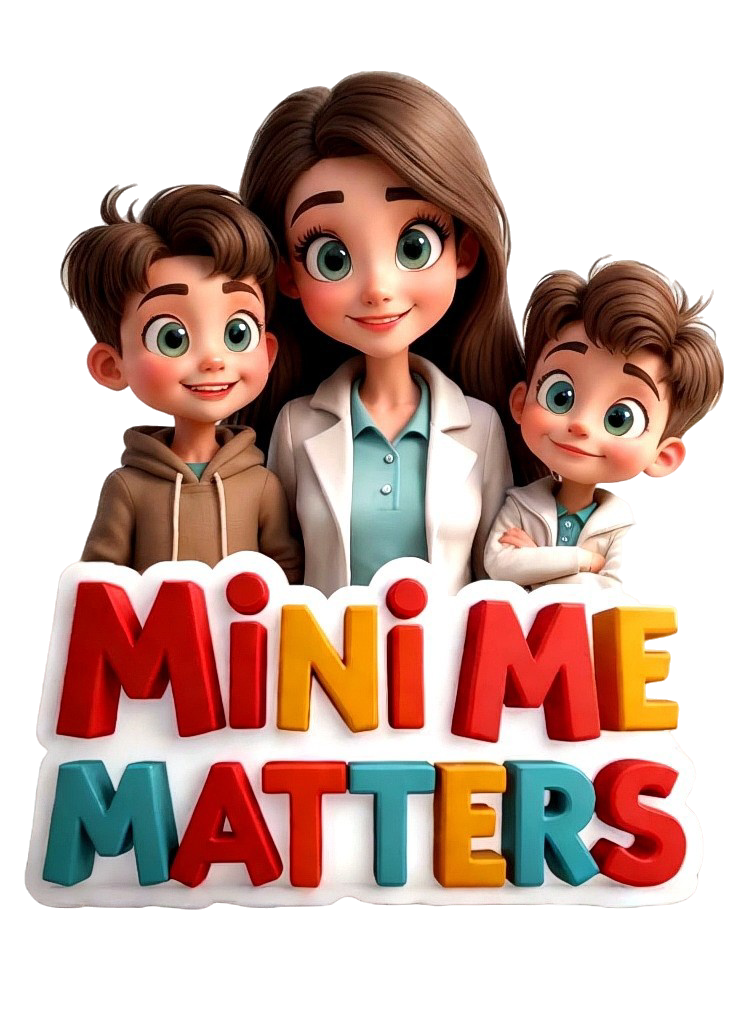📚Imagine this: you’re snuggled up on the couch, your kid wrapped in a blanket burrito, and you’re dramatically impersonating a grumpy bear. No, you’re not losing it—you’re reading aloud. And guess what? That goofy bear voice is doing more than entertaining your kid. It’s unlocking emotional intelligence, boosting literacy, and turning you into the ultimate parenting rockstar (cape not included). ✨
Why Reading Aloud is Emotional Intelligence Bootcamp 🧠💖
Reading aloud is like sneaking vegetables into mac and cheese—but for feelings. When you read stories, kids don’t just hear words; they feel them. Research shows that storytelling helps young children identify emotions and empathize with others.
Take Library Lion. As you get moved by this heartwarming story, your child is learning about acceptance, friendships and rules (and why it’s ok to break them sometimes).
These narratives help children connect actions with feelings, laying the foundation for empathy and kindness.
Strengthening Parent-Child Bonds 🤗📚
Reading aloud isn’t just about books—it’s about being present. Storytime is a built-in moment to cuddle, laugh, and share. Studies show that reading fosters closeness, creating an environment where kids feel secure and loved (Adriana G. Bus, Marinus H. van Ijzendoorn, 1997; Diana Audet et. al. 2008).
It’s not just an emotional win—it’s a literacy win too. Books expose kids to rich language, expanding their vocabulary and setting the stage for academic success (Sénéchal and LeFevre, 2001).
Boosting Literacy One Page at a Time 📖✨
Storytime isn’t just fun—it’s science-backed brilliance. According to research, repeated storybook reading builds vocabulary and print knowledge, both critical for literacy development (Lonigan et al., 2008).
But it gets even cooler: reading before bedtime amplifies these benefits. Sleep, as Williams and Horst (2014) explain, helps consolidate memory, allowing kids to better recall new words and concepts learned during storytime. So, bedtime stories = brain-building on autopilot.
Creating Future Storytellers 🌟🎭
Kids learn by example, and when you bring stories to life, they learn the art of storytelling.
Whether it’s mimicking your expressive tones or spinning their own tales, reading aloud nurtures creativity.
Stories fuel their imagination, teaching them that words can be powerful, magical, and oh-so-fun.
Your Reading Aloud To-Do List:
1. Pick Stories That Spark Joy: Choose books that make you smile—your enthusiasm is contagious.
2. Get Dramatic: Go full grumpy bear or squeaky mouse; it’s fun and engaging for everyone.
3. Repeat Favorites: Repetition builds familiarity and boosts word learning
4. Make It Routine: At bedtime, or naptime —storytime is bonding and brain-building time!

REFERENCES:
- Audet, D., Evans, M. A., Williamson, K., & Reynolds, K. (2008). Shared Book Reading: Parental Goals Across the Primary Grades and Goal–Behavior Relationships in Junior Kindergarten. Early Education and Development, 19(1), 112–137. https://doi.org/10.1080/10409280701839189
- Sénéchal, M. and LeFevre, J.-A. (2001), Storybook Reading and Parent Teaching: Links to Language and Literacy Development. New Directions for Child and Adolescent Development, 2001: 39-52. https://doi.org/10.1002/cd.14
- Lonigan, Christopher J., and Timothy Shanahan. “Developing early literacy: Report of the National Early Literacy Panel. Executive summary. A Scientific synthesis of early literacy development and implications for intervention.” National Institute for Literacy (2009). https://eric.ed.gov/?id=ED508381 .
- Williams SE, Horst JS. Goodnight book: sleep consolidation improves word learning via storybooks. Front Psychol. 2014 Mar 4;5:184. doi: 10.3389/fpsyg.2014.00184. PMID: 24624111; PMCID: PMC3941071.
- Adriana G. Bus, Marinus H. van Ijzendoorn, Journal of School Psychology, Volume 35, Issue 1,1997,Pages 47-60, ISSN 0022-4405, https://doi.org/10.1016/S0022-4405(96)00030-1.).



